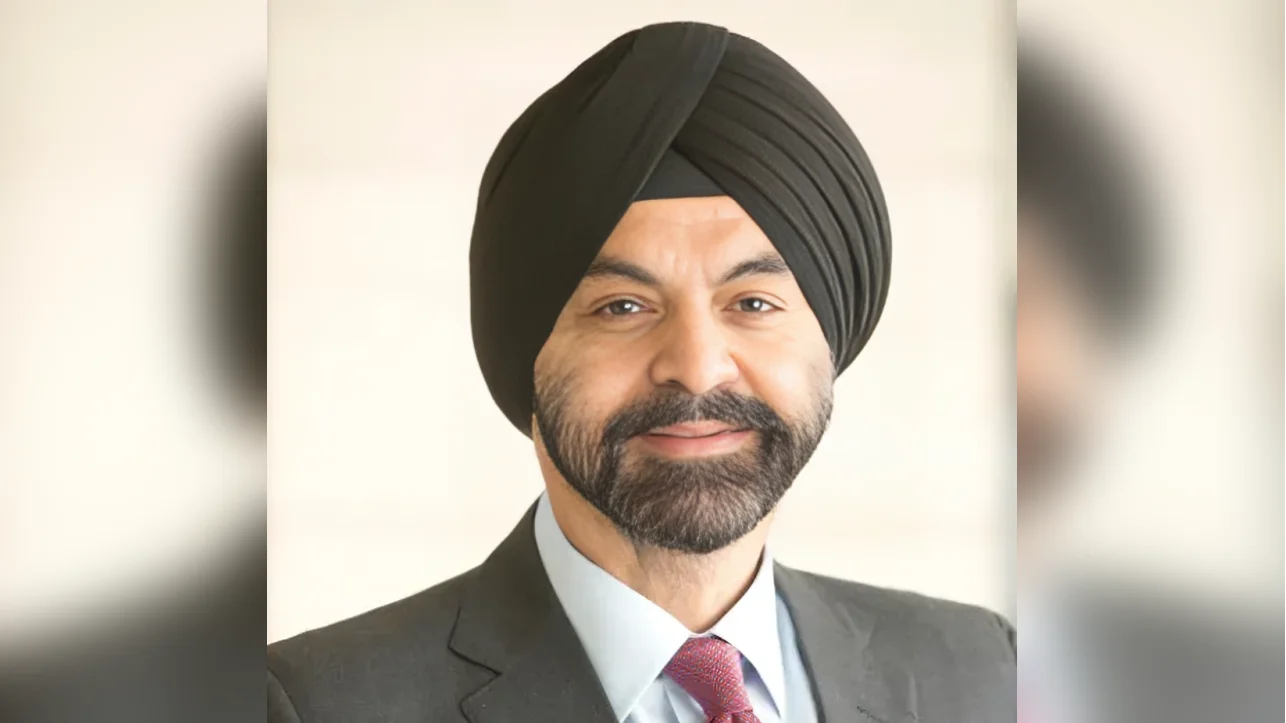Uzbekistan, historically one of the largest global producers of cotton, has undergone significant changes in its cotton sector since 2017. Previously, nearly two million people, including children, were mobilized each year to harvest cotton under conditions that raised international concerns about labor rights violations. This led many global fashion brands and retailers to join a 2010 pledge calling for a boycott of Uzbek cotton.
In response to these issues, the Uzbek government initiated reforms aimed at transitioning from a centrally-planned economy to a sustainable market economy. Key among these reforms was reducing state control over cotton production and addressing forced and child labor issues. The introduction of 'textile clusters' was part of this effort, enabling Uzbekistan to convert all raw cotton into yarn by 2023 and move towards higher value-added apparel production.
The domestic textile industry saw growth in employment from 188,000 in 2018 to around 600,000 last year. Improved wages are now part of the benefits for workers within the cotton value chain.
A Multi-Donor Trust Fund (MDTF) on Sustainable Cotton was established in 2014 with contributions from the European Union, the United States, Switzerland, and Germany. Administered by the World Bank, it supported various reforms including independent monitoring systems for labor practices in collaboration with international partners like the International Labor Organization (ILO). In March 2022, ILO verified that Uzbek cotton was free from systemic forced labor and child labor.
Former field workers like Nodira Zarifova have benefited from these changes by moving to factory work with better conditions and pay. Others like Inoyatkhon Normatova chose to remain in fieldwork due to personal preferences for flexibility and proximity to home.
Reforms also extended beyond labor practices; they included liberalizing agricultural markets for crops like wheat and improving farmland tenure security. Jamoliddin Usmonov, a farmer in Fergana Valley who started his farm with minimal resources in 2001, now employs over 30 full-time workers thanks to these changes.
Collaborative efforts between government-led reforms and initiatives funded by organizations such as IFC have been pivotal in transforming Uzbekistan’s cotton sector. These efforts have resulted in third-party monitoring of labor practices during harvests and an increase in local awareness about labor rights.
Despite progress made so far with support from entities like the World Bank Group through programs such as Better Work aimed at improving conditions within textile manufacturing companies—efforts continue towards building a more resilient future for Uzbekistan's citizens.

